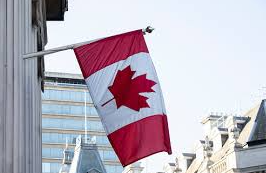
Contrasting views on UN Security Council resolution highlight diplomatic differences
A UK Foreign Office minister has affirmed that a United Nations Security Council resolution calling for a Gaza ceasefire holds legal binding status, opposing recent statements from US officials.
Linda Thomas-Greenfield, the US Ambassador to the United Nations, referred to demands for a “lasting and sustainable ceasefire” in Israel’s conflict with Hamas and the release of hostages as a “nonbinding resolution,” noting that the US abstained during the vote. White House spokesperson John Kirby reiterated the US position, stating: “It’s a non-binding resolution. There’s no impact on Israel’s ability to pursue Hamas.”
The UK, however, emphasised the legally binding nature of such resolutions, citing Article 25 of the UN Charter ratified by the US. Lord Ahmad of Wimbledon, a UK Foreign Office minister, clarified the UK’s stance in the House of Lords, stating, “It is binding. The United Kingdom’s position is clear.” He highlighted that while this particular resolution was passed under Chapter VI of the UN Charter, which encourages peaceful dispute resolution, a longstanding convention from 1971 asserts that UN Security Council decisions carry a binding nature.
Chapter VI deals with settling disputes through peaceful means, while Chapter VII allows the Security Council to enforce measures in response to threats or acts of aggression.










